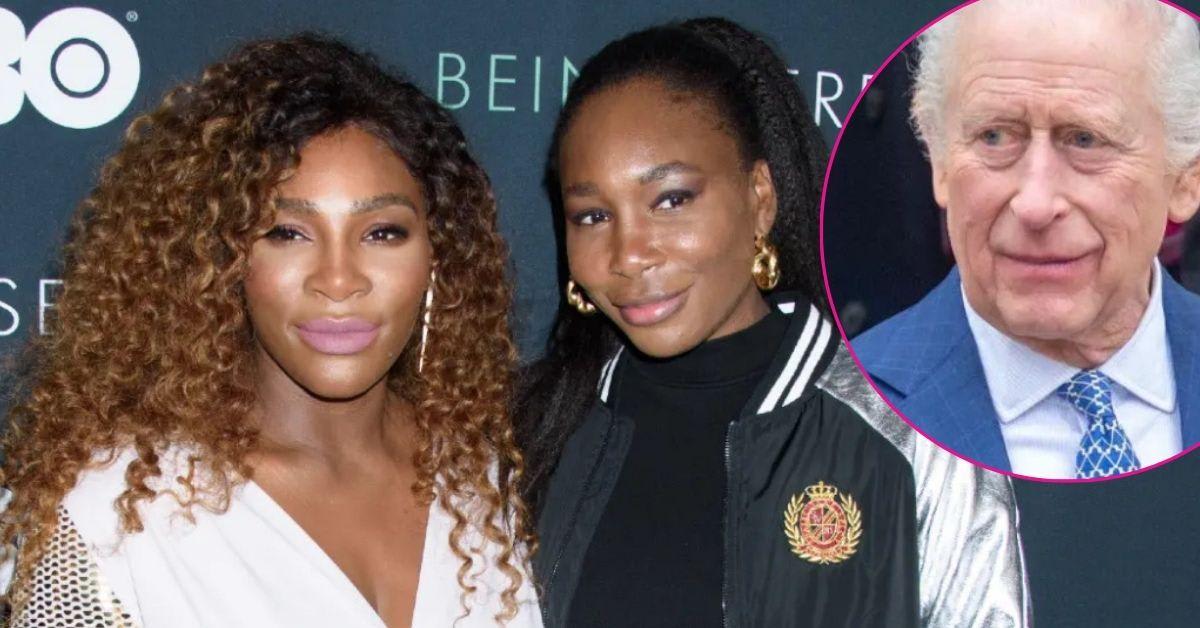The Royal Family and Allegations of Racism
Recent allegations have emerged regarding the British royal family, with claims that members have made racist remarks about prominent figures in the world of sports. These claims were made by author Aatish Taseer, who has spoken out about the behavior of certain members of the royal family. Taseer, who was previously in a relationship with Lady Gabriella Windsor, a second cousin of King Charles, has accused Princess Michael of Kent, Lady Gabriella’s mother, of naming her two children after Venus and Serena Williams, the renowned tennis players.
Taseer also revealed that King Charles used a derogatory term to describe his Indian friend, referring to them as “Sooty,” a word typically used to describe something black or brown in color. This incident has sparked significant controversy and criticism, leading to calls for the royal family to address these allegations.
The Podcast Discussion on Royal Racism
In a recent episode of the podcast “Tell Me About Your Father,” Taseer delved into the issue of racism within the royal family. He described the situation as “wild” and highlighted the disconnect between the upper classes and the general public. According to Taseer, Prince Charles’s use of the term “Sooty” and the naming of children after the Williams sisters reflect a broader pattern of insensitivity and ignorance among the royal family.
He emphasized that the royal family exists in an environment where they are removed from the realities faced by others. This detachment, he argued, leads to a lack of awareness about the impact of their words and actions. Taseer suggested that such behaviors are part of a larger cultural phenomenon that perpetuates harmful stereotypes and attitudes.
Meghan Markle and Prince Harry’s Accusations
The issue of racism within the royal family is not new. In 2021, during an interview with Oprah Winfrey, Meghan Markle, the Duchess of Sussex, made shocking revelations about concerns raised by the royal family regarding her and Prince Harry’s son, Archie. She reportedly mentioned that there were discussions about how dark Archie’s skin might be when he was born.
Prince Harry confirmed these concerns, stating that he was questioned about his son’s skin color. However, he chose not to name those involved in these conversations. The couple’s interview brought to light the challenges they faced as a multiracial family within the royal family.
The Impact on Prince Harry
Harry expressed his disappointment with the lack of support from his family. He noted that there were many opportunities for the royal family to publicly support him and Meghan. Instead, he felt that the family remained silent, which deeply hurt him.
Harry also highlighted the response from over 70 female members of Parliament, who criticized the colonial undertones in the media coverage of Meghan. Despite this, no member of the royal family spoke out, which left Harry feeling isolated and unsupported.
Buckingham Palace’s Response
Following the interview, Buckingham Palace released a statement addressing the controversy. The statement acknowledged the seriousness of the issues raised, particularly those related to race. It noted that while recollections may vary, the family takes these concerns very seriously and will address them privately.
The statement also emphasized that Harry, Meghan, and Archie would always be much-loved family members. However, despite this declaration, the couple faced significant backlash and were effectively shunned after stepping down from their royal duties in 2020.
Rebuilding the Relationship
Although the royal family and Meghan and Harry have been on the sidelines for five years, there are reports that they are working to mend their relationship. This effort to reconcile highlights the complex dynamics within the royal family and the ongoing challenges they face in addressing past grievances.
As the conversation around racism and inclusivity continues to evolve, the royal family faces increasing pressure to confront these issues openly and take meaningful steps towards change. The path to reconciliation remains uncertain, but the willingness to engage in dialogue is a crucial first step.







